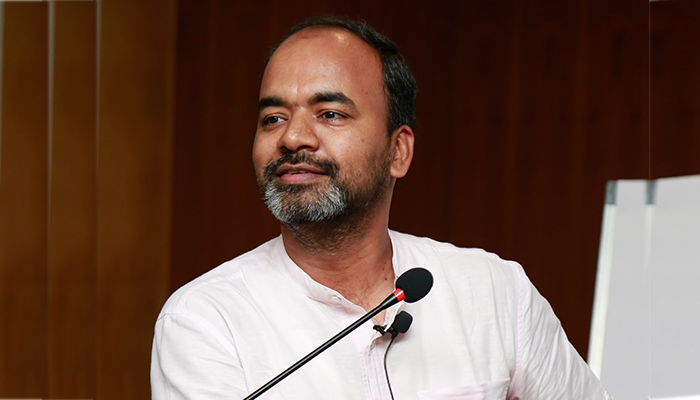September 2022
Prof. Ponnurangam Kumaraguru’s research work has so far attracted 10,000 citations as per Google Scholar.
He also received a research grant of CHF 212,104 along with ETH Zürich to study and work on Homophily and the Spread of (Dis)Information in Social Media. Here is the summary of the work as explained by the winners:
Fake users and fake information in social media are modern-day plagues, as is the exploitation of behavioral trace data by platforms. The latter is generally based on social regularities, or the predictability of missing data about users from their social environments. We turn this approach around and, instead of using social regularities to infer concealed information about users, we use them to identify irregular users.The modeling of user traits is especially troublesome when clashing with their privacy intentions. In this project, we employ equilibrium states of a model of social influence processes to test the assumption that such predictions are feasible even beyond previous limitations to the immediate environment of users. If we can demonstrate this successfully, it may help to further raise awareness that no one is an island in social media. It would, however, also point to a desirable application: since long-range regularities are difficult to preserve during manipulation they may actually be useful in unmasking fraudulent users. In our primary case study, we collect information from user profiles on selected social media networks. The sample will be focused on information sharing and consumption in the context of political processes, and compare user populations in India and Switzerland. We will then test for the presence of long-range social regularities, and try to identify user profiles that exhibit substantial irregularities. In another step toward establishing a formal counterpart to the problem of influence maximization, we plan to study the problem of countering the impact of a specified set of channels such as those detected as fraudulent.

